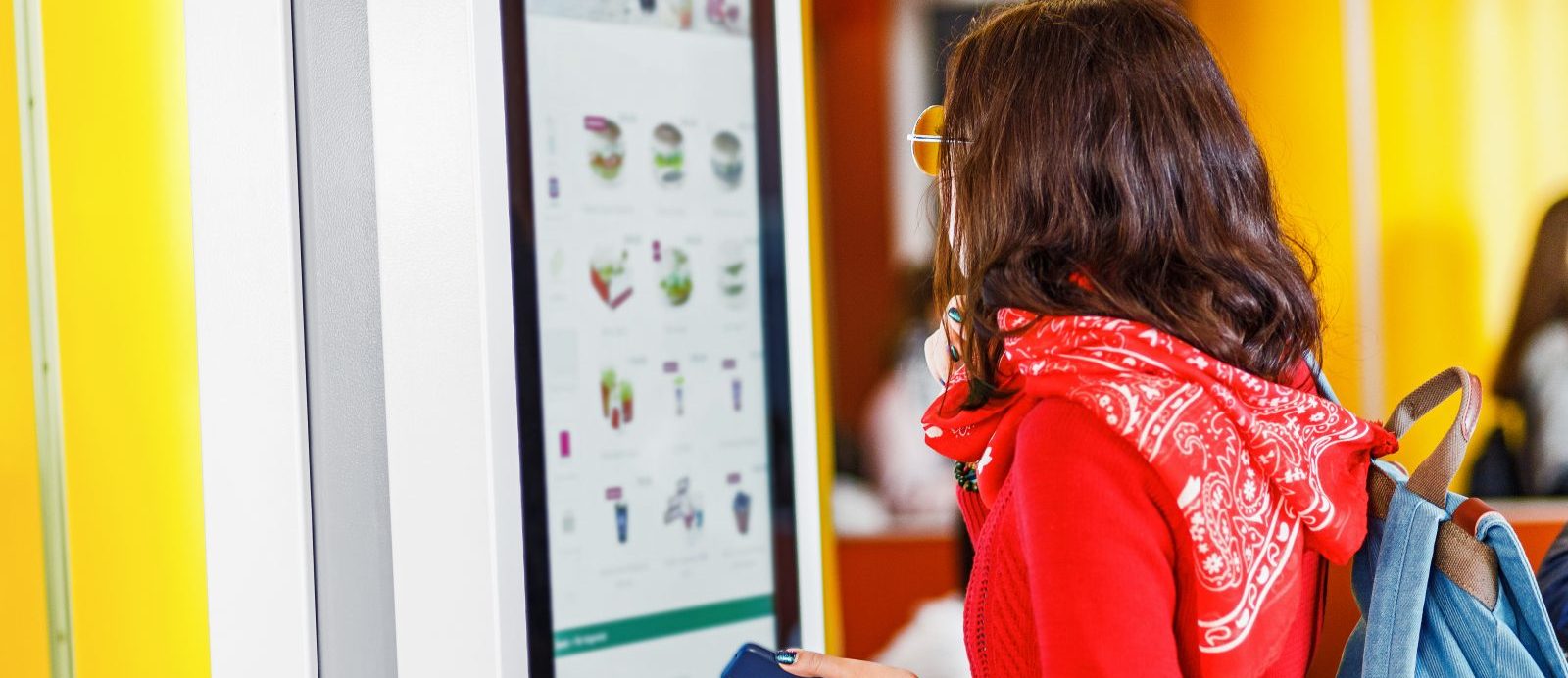Ontrade Progress takes a look at what trends the hospitality industry can expect in 2020.
Looking back at what I thought the hospitality industry would become in the dwindling months of 2009 – I don’t think I would have ever accurately predicted what we have experienced over the past decade. While some people would have spotted a vegetarian trend at the time, no one would have imagined the UK hospitality industry would push even further – sailing straight past vegetarianism and into veganism. As a result, London was recently voted the best city for vegans in the world! Meaning we have more vegan restaurants and options per square mile than any other city.
Similarly, the rise in technology has seen apps take over the restaurant industry. In 2009, my pink Motorola RAZR flip-phone would under no circumstances be able to get me on the internet, let alone have the capacity to download a single restaurant app. Today, however, my iPhone XR requires a special ‘hospitality’ folder to support all the apps I regularly use; Whetherspoons, Pizza Express and Sushimania – as well as shameful amount of takeaway apps including UberEats and Deliveroo.
So writing now, in 2019, a decade on, we can only wish to envision what the next decade will bring – let alone the next year. As technology and the advancing world moves forward at such a pace, and the political and socioeconomic landscape develops faster than ever before – we ask ourselves, what is hospitality now and what trends can we expect to emerge in 2020?
Chain free
In May 2019, Jamie Oliver announced his restaurant group had gone into administration. As 22 restaurants across the country closed and nearly 1,000 staff were made redundant – the hospitality industry asked ‘how could this happen?’
Will Wright, a KPMG partner and joint administrator, commented that: “The current trading environment for companies across the casual dining sector is as tough as I’ve ever seen. The directors at Jamie Oliver Restaurant Group have worked tirelessly to stabilise the business against a backdrop of rising costs and brittle consumer confidence.”
It’s not just Jamie Oliver that felt the squeeze, Pizza Express revealed in October that it was in £1 billion worth of debt – causing the chain to hire financial advisors to negotiate their way forward.
There seems to be an emerging trend for consumers to step away from chains – with the discount model being seen as archaic, many other restaurants are simply offering initially affordable meals without the fuss of discount codes. Moreover, the general trend is away from conglomerate hospitality and towards a bespoke and tailored service – this can be seen across the hotel industry also. Meaning that as we move in 2020, we will see an emergence of small to medium restaurant chains rise in popularity and success as they are grown on a seemingly organic scale; consider Flat Iron and Franco Manca to become the norm not the exception.
Sustainable everything
Much in the same way the noughties saw the rise of veganism; our millennia’s twenties will see the consumer voting to support hospitality that promotes sustainability. While you think that veganism and sustainability are linked (which they are), they are actually distinctly different concepts.
While large restaurant chains can offer vegan menus which attract vegan consumers (especially catering to large groups), this often doesn’t reflect their ability as an enterprise to be sustainable. For example, in theory, the larger the restaurant chain, the larger the waste that said chain produces.
Too Good Too Waste, the sustainability association, estimate that London restaurants alone waste up to 600,000 tonnes of food per annum – a staggering figure! By consumers opting to eat in sustainably conscious restaurants they are considering the consequences that their choices have on the environment.
Some pioneers in the hospitality industry are already doing this; for example the Green House Hotel in Bournemouth has a mantra of “spoil the guests without spoiling anything else”. Similarly, Brighton’s zero waste restaurant Silo, is opening a second restaurant in the capital later this year – indicating that sustainable choices are on the rise.
Tech and more
In the next decade, I do wonder what we can expect in terms of technology. If you told me I could order food from McDonald’s to my house in less than 15 mins through my phone, I probably would have thought that 2019 would be a utopia! In that respect – the world of technology is moving faster than ever and while we may feel there are limits to what the future can offer, there are a few trends we can predict.
Digitalised menus are on the rise – as we move away from a paperless planet; the needless printing of menu after menu is a high expense and terrible for the environment. While the Japanese seem to have already perfected this, the digital menu trend is on the way to the UK. With cheap tablets, and companies specifically offering this service gaining traction, ordering from an app or digital menu will be the hospitality tech trend of 2020!



